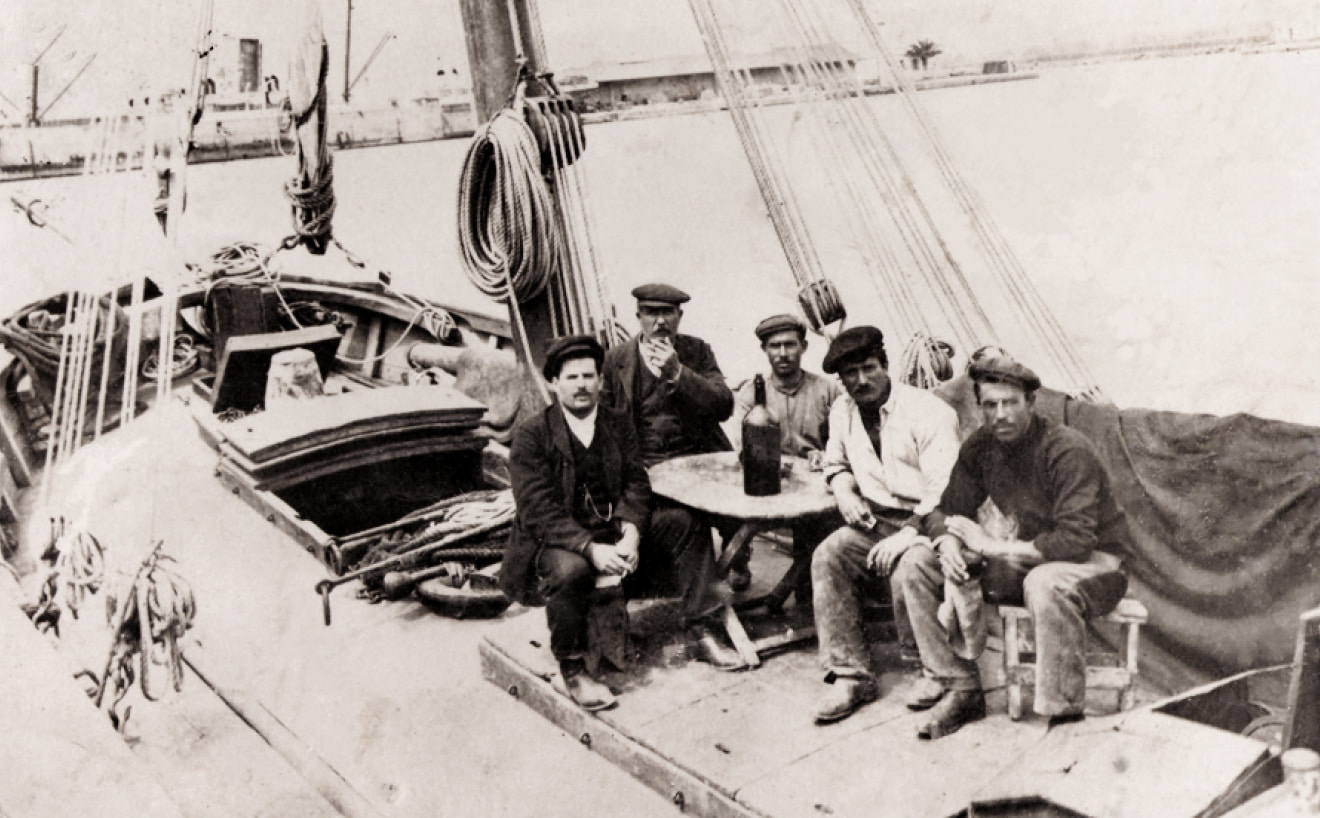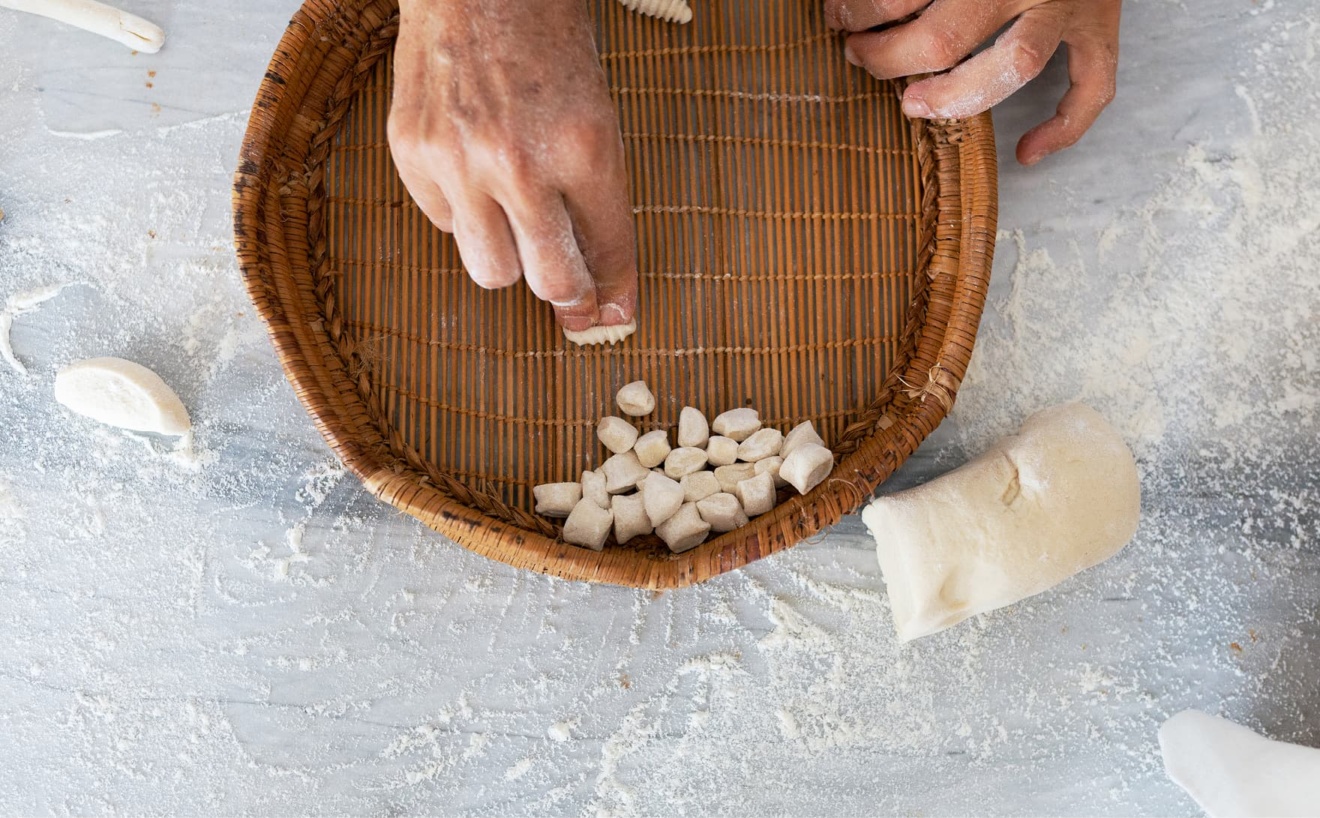by Andrea Luxoro
The tense north wind sterilises the cold and odourless air, not even the boat gives off its characteristic and familiar scent while the horizon stretches beyond its usual boundaries, lit by the first light of dawn. The fisherman is late today, thanks to the warm embrace of his bed and a too discreet alarm clock. He still has the lingering taste of coffee in his mouth, now mixed with the menthol of a Daygum as a substitute for the usual cigarette he abandoned a few weeks ago, the umpteenth attempt at healthy living in the Caesar’s Zone, while he jumps decisively onto the boat’s deck, unusually low for the dry sea, without ever holding onto the bowsprit, like when he was he was a child, given the familiarity of the movements.
It’s a routine made up of daily determination, so the gestures become surgical: you let go of the mooring, start the engine, tiller the rudder and off you go beyond the green and red flashing of the marina. Today, the ferry is already leaving the port, laden with commuters who will soon be behind a desk to devote themselves to their usual jobs, while he thinks of the hundreds of times he has imagined how comfortable it would be to earn a living in the office. But now that he has passed the green lighthouse on the southern breakwater and the view opens up to the San Pietro canal, he has a clear perception that this and only this is where he belongs, on an old family gozzo, among the seagulls and cormorants, ploughing through a friendly, familiar sea.
A few hours to reach the fishing spot and haul in the lines that had been dropped hours earlier, and he’s already on his way back: his mobile phone to let his family know that today’s booty is plentiful tanóe, putacelle, bream and a few large dèntexu (snappers). His wife, the manager, sets up a network of contacts and places the big pieces, the rest will be sold at the fish market along the salt marsh canal. The fisherman spots the outline of the breakwaters, crosses the mouth of the harbour and heads straight for the bow between the two green and red lights of the marina, which now smell of home and a hot new coffee. He smiles, his teenage son is standing on the bollard, looking curiously at him while he moors, they both laugh and the father wonders pensively if his son will one day travel on the ferry like the morning commuters.
Andrea Luxoro was born in Carloforte, where he still lives and works. He studied in Cagliari and graduated in anthropology from the Faculty of Literature with a thesis on the “Workers of the sea of Carloforte”. Together with a group of local scholars, he founded the Saphyrina Cultural Association and the Asuciasiun cultürole tabarchiña, which enhance and promote the culture, history and language of the Tabarka communities in the Mediterranean. He curates the “Pocomabuono” literary review and founded the Carloforte Book Fair. He coordinates the Sportello Linguistico Tabarchino of Carloforte, is scientific advisor for the Polo della lingua tabarchina and promotes cultural initiatives on many fronts. You can always find him prepared and available at the newsstand “Dai giurnoli in sciâ ciassa” (Piazza Repubblica).




